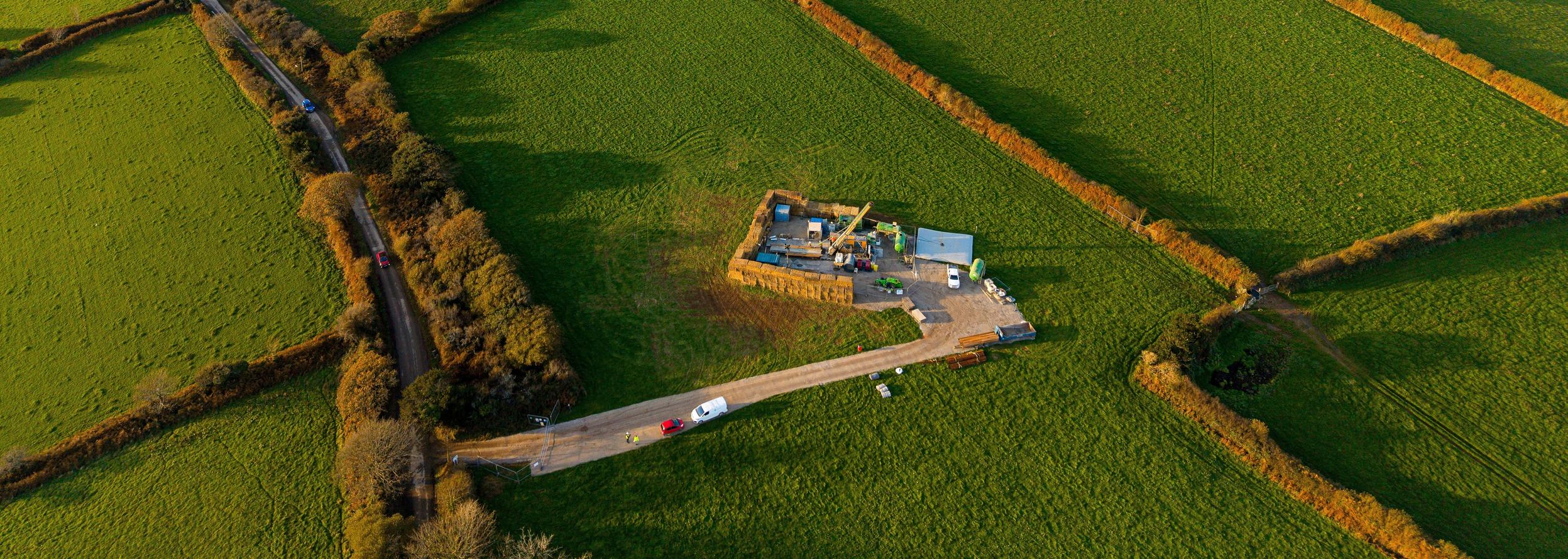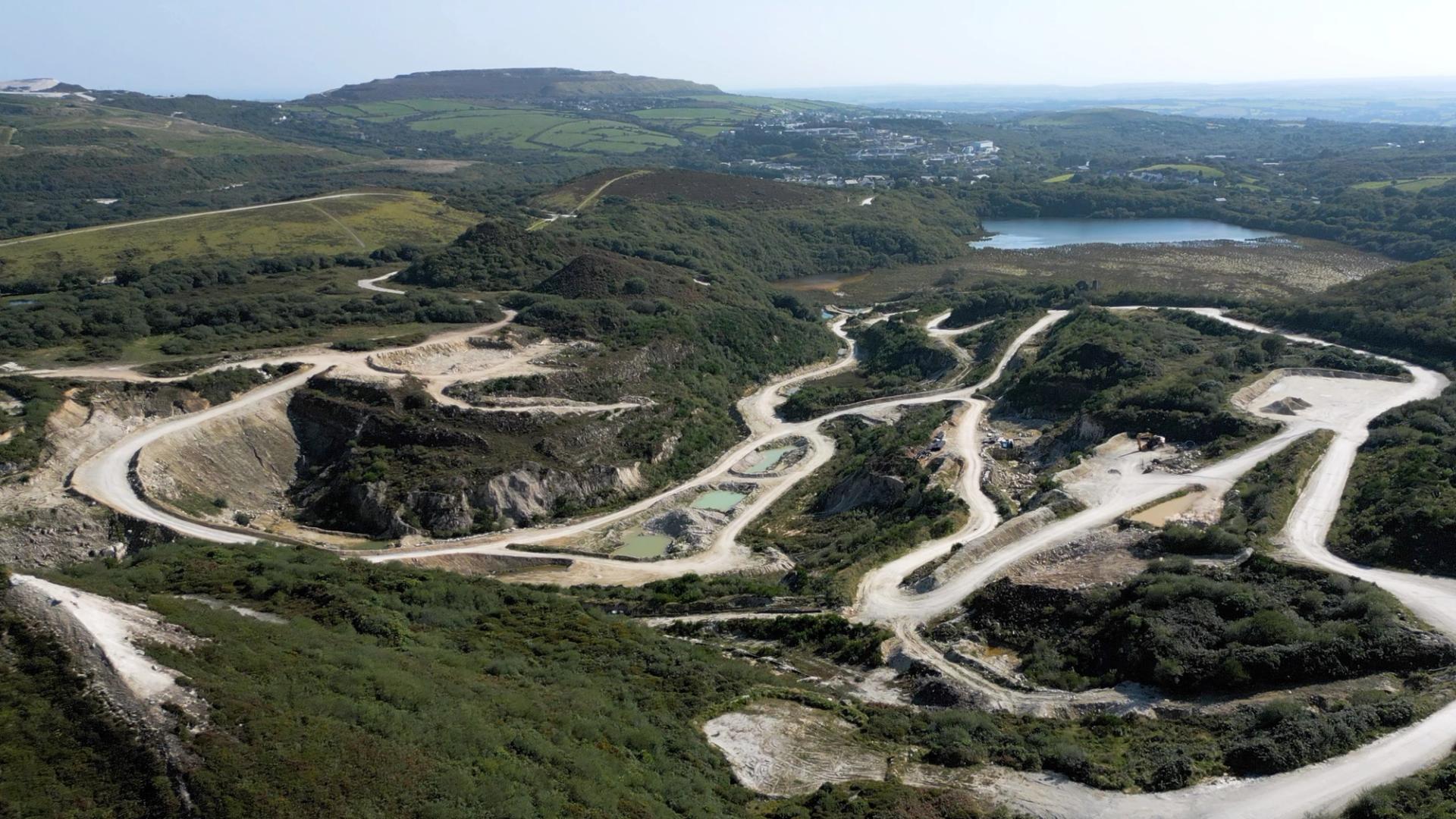
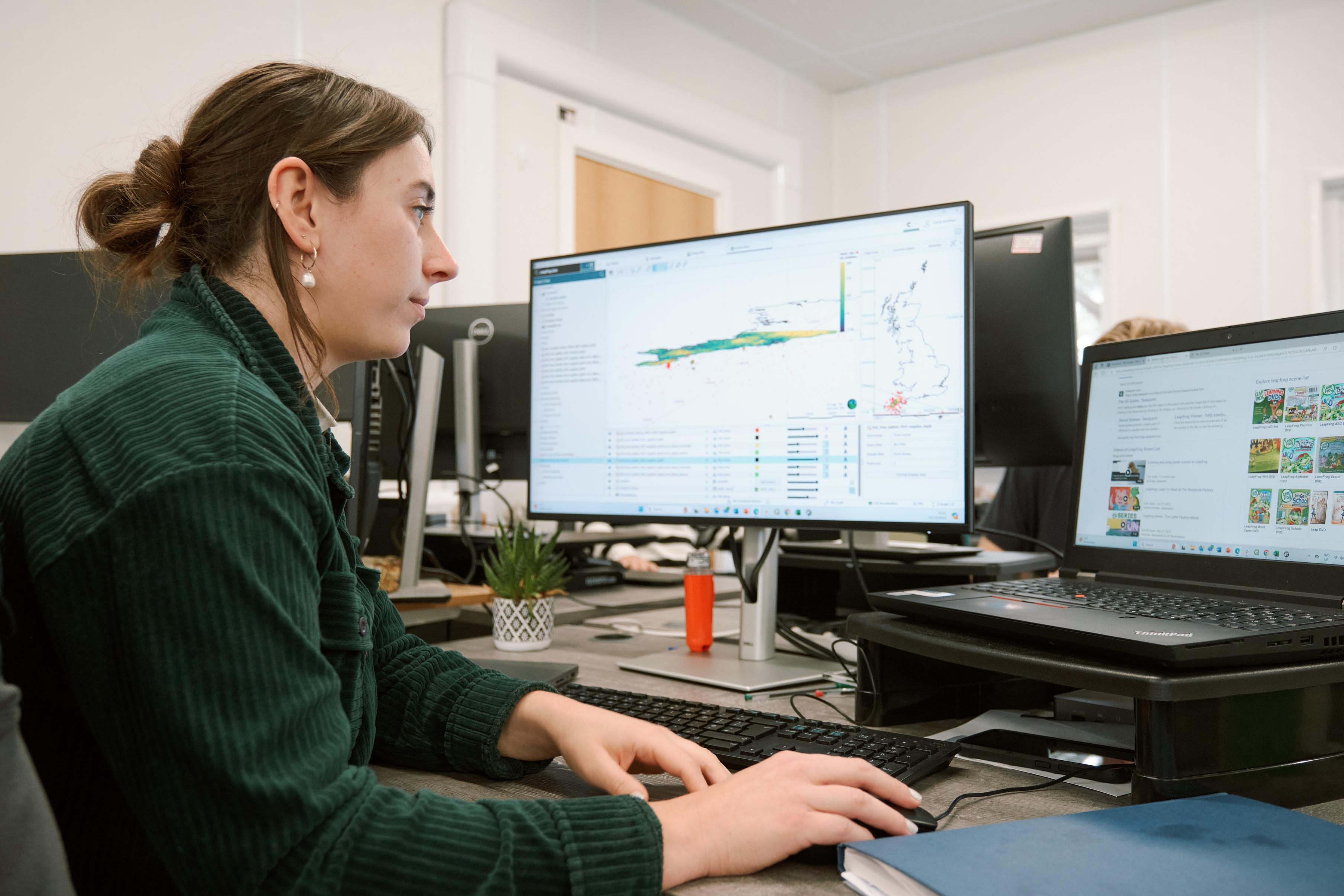
Environmental, Social and Governance (ESG)
ESG is central to everything we do. We are committed to building a strong, sustainable, and environmentally responsible UK minerals industry. Our work supports global decarbonisation through clean growth and helps drive the transition to a green economy.
Responsible. Sustainable.
Accountable.
Environmental, Social, and Governance (ESG) are key factors in assessing a company’s sustainability. Investors, governments, and society increasingly expect businesses to track and share their efforts in these areas.
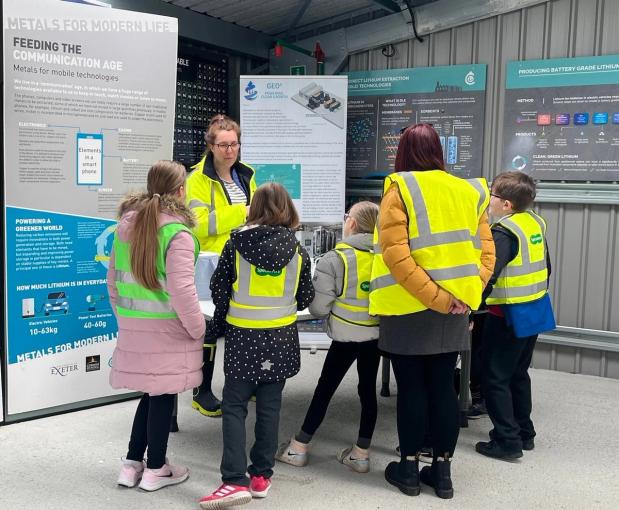
A responsible source of lithium for the UK
Cornish Lithium is focused on extracting lithium responsibly to support a secure and sustainable UK supply chain. With the UK currently importing all of its lithium, we aim to provide a domestic source of this essential battery material, which is critical for the transition to cleaner energy.
We take a practical approach to environmental, social, and governance (ESG) principles, ensuring our projects are developed responsibly. Building strong relationships with local communities is a key part of our work, and we are committed to open and meaningful engagement at every stage.
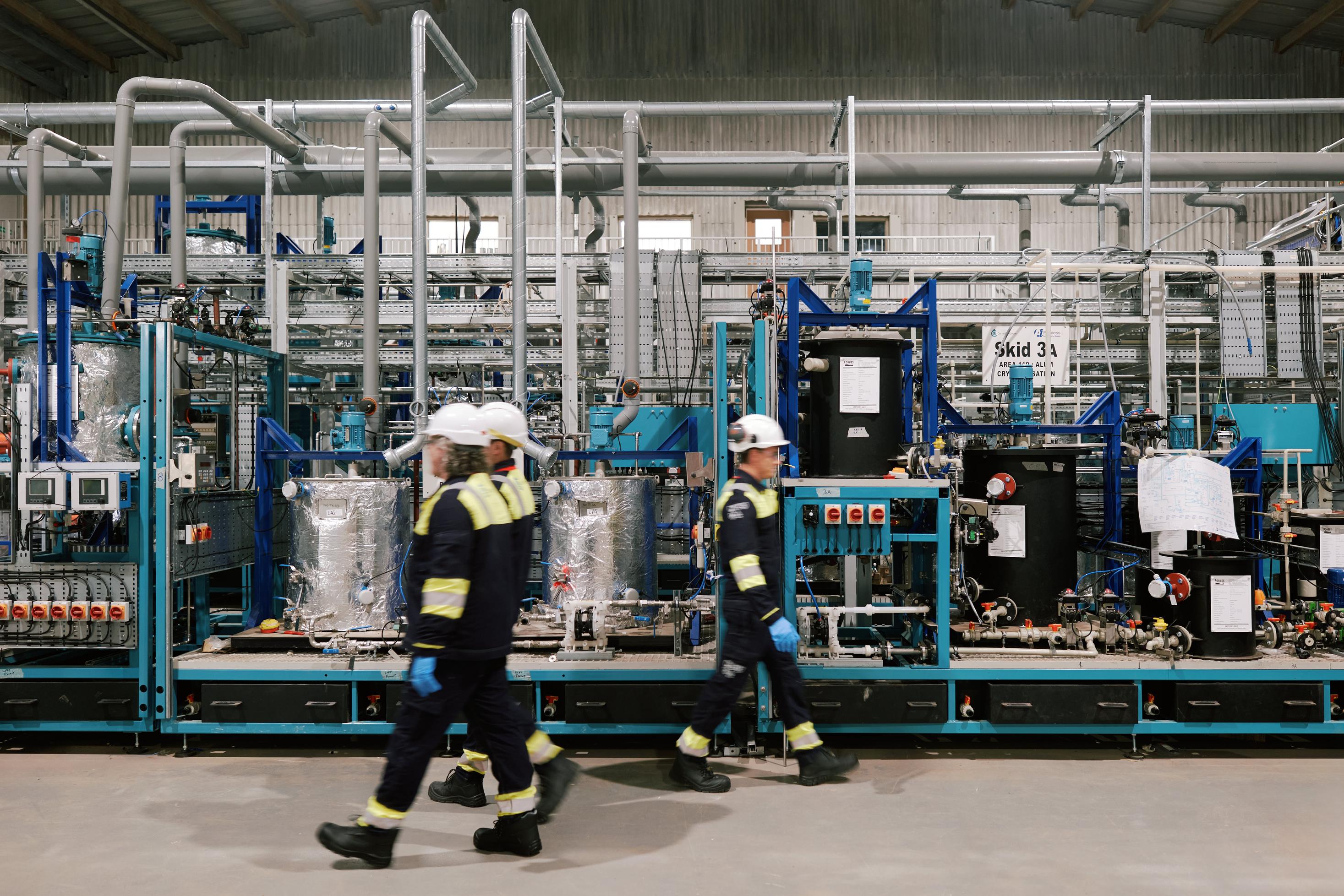
Our ESG vision
At Cornish Lithium, we’re working with world-class consultants and utilising low-carbon extraction technologies to maximise our environmental, social, and governance (ESG) performance. Our ambition is not just to operate responsibly, but to lead the way in sustainable mineral extraction, supporting the UK’s clean energy future.
Our aspirations
- Pioneering sustainable practices: We aim to explore and extract strategic minerals with minimal environmental impact, contributing to the UK’s transition to a low-carbon economy.
- Empowering people and communities: We’re committed to creating safe, inclusive workplaces and building strong partnerships with local communities to drive meaningful social impact.
- Setting the standard for transparency: We strive to be a model of integrity, embedding ethical governance across our operations and supply chains.
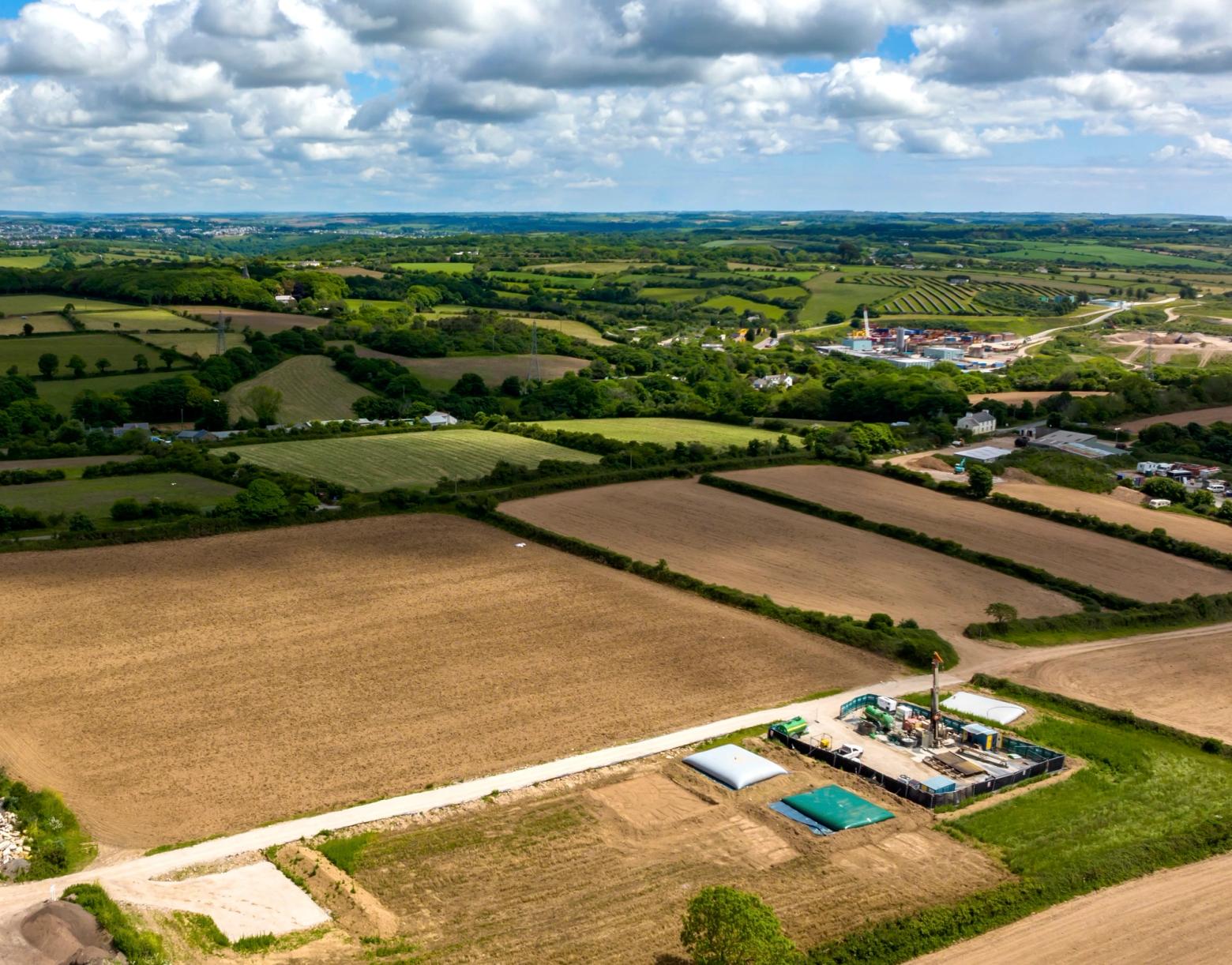
Our ESG pillars
Responsible stewardship
We aspire to protect and enhance Cornwall’s natural environment, targeting biodiversity net gain and advancing low-carbon lithium production methods. By embracing circular economy principles, renewable energy, and cutting-edge technologies, we aim to minimise our environmental footprint and contribute to the global push for net-zero emissions.
People and human rights
Our goal is to create an inspiring, diverse, and inclusive workplace where everyone thrives. We are determined to prioritise health, safety, and wellbeing while fostering local talent, supporting education, and driving socio-economic growth in Cornwall.
Good governance
Our ambition is to build a culture of transparency, accountability, and ethical leadership. As a minimum we will comply with all regulatory standards, implement robust governance frameworks, and ensure that our partners share our high standards of environmental and social responsibility.
Read our latest Sustainability Report below to see how we're making this happen.
Downloads
Scroll to discover more news
Frequently asked questions
In Cornwall, lithium is found in two main forms: within mica minerals in granite rock and dissolved in geothermal fluids (brines) that flow deep underground. Cornish Lithium’s exploration focuses on both lithium in hard rock and geothermal brines.
At our Trelavour Hard Rock Project, Cornwall Lithium is repurposing a former china clay pit and seeking to redevelop former pits for waste storage. In relation to our geothermal projects, Cornish Lithium first recognised the presence of lithium in saline waters in Cornwall from historic records made at the time when the county had a significant mining industry. The miners frequently encountered geological faults (large naturally-occurring cracks in the earth) from which flowed significant quantities of hot saline water. Such occurrences in old mines demonstrate a much larger geological phenomenon which Cornish Lithium believes could be widespread across the county; as a result the company is not focussing on the old mines themselves but on the geological structures which contain the circulating lithium-enriched fluids. Cornish Lithium plans to drill extraction boreholes into these fracture zones and does not therefore need to reopen old mines, or to extract water from the mines themselves. We plan to drill boreholes to extract fluids from 2km depth and so will bypass old mine workings.
Lithium is our primary focus. However, as we build our knowledge of the geology, structures and mineralisation in Cornwall we are discovering areas which offer very good potential for other metals such as copper, cobalt, tin and other metals which are vital to the development of modern technologies including batteries.
Some of our mineral rights agreements give us the ability to explore for other minerals in addition to lithium and hence we are actively prioritising areas that could be of interest. Our use of advanced digital mapping and modelling techniques gives Cornish Lithium the ability to“see”mineralisation that could be exploited using modern mining methods.
The environmental impacts depend on the extraction methods used. The process used in our geothermal lithium extraction plants can be likened to a water purification system. Mineral-rich water is pumped from approximately 2,000 metres below the surface via a borehole and passed through columns where the lithium is extracted from the water. With the lithium removed, the water is returned to the ground via a second borehole. The plant will have a footprint the size of a supermarket or medium-sized industrial unit. Direct extraction of lithium from geothermal fluids using cutting-edge technology is the most environmentally responsible method available.
Our Hard Rock Project near St Dennis is repurposing a former china clay pit to produce lithium. We plan to extract lithium from hard rock in the pit and use a new process technology. This extraction method should have a significantly lower carbon footprint compared to other hard rock lithium extraction processes used elsewhere in the world.
Cornish Lithium strive to ensure that the impacts of all our projects are kept to a minimum.
Cornish Lithium’s Trelavour Hard Rock Project alone is expected to produce 10,000 tonnes of lithium hydroxide annually, which will considerably strengthen the UK’s critical minerals supply chain and reduce the UK’s reliance on importing carbon-intensive materials from abroad.
The project will create around 300 highly-skilled jobs and generate up to £800 million for the Cornish economy over its 20-year life.
Reviving a 4,000-year-old mining industry in Cornwall presents a tremendous opportunity to boost the local economy, and Cornish Lithium is committed to playing a key role in this transformation in an environmentally responsible manner.
